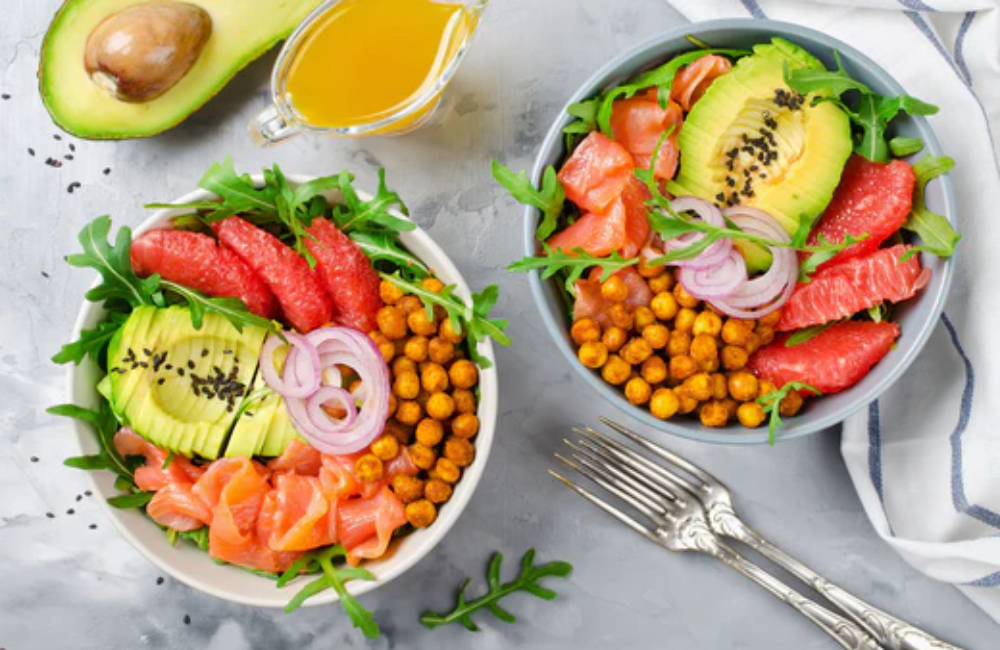If you're trying to conceive, you may be wondering what you can do to increase your chances of getting pregnant. One essential factor that can impact fertility is nutrition. In this article, we'll discuss the role of nutrition in fertility and provide you with a list of the best foods to eat when trying to get pregnant.
- Protein: Protein is essential for building and repairing tissues in your body, including your reproductive organs. Good sources of protein include lean meats, fish, beans, lentils, and eggs.

- Iron: Iron is essential for the production of red blood cells, which carry oxygen to your body's tissues, including the reproductive system. Good sources of iron include lean red meat, spinach, beans, lentils, and fortified cereals.

- Folic Acid: Folic acid is a B vitamin that is crucial for healthy fetal development. It can also help reduce the risk of birth defects. Good sources of folic acid include leafy green vegetables, citrus fruits, beans, and fortified cereals.

- Omega-3 Fatty Acids: Omega-3 fatty acids can help regulate hormones and improve blood flow to the reproductive organs. Good sources of omega-3 fatty acids include fatty fish like salmon, sardines, and mackerel, as well as flaxseed, chia seeds, and walnuts.

- Antioxidants: Antioxidants can help protect your body from oxidative stress, which can damage your reproductive organs. Good sources of antioxidants include berries, leafy green vegetables, nuts, and whole grains.

- Water: Staying hydrated is essential for overall health, including reproductive health. Aim to drink at least eight glasses of water per day.

By including these nutrient-rich foods in your diet, you can help support your fertility and increase your chances of getting pregnant. Remember, it's essential to maintain a healthy and balanced diet, and if you have any concerns about your fertility, it's always best to consult with your doctor.





